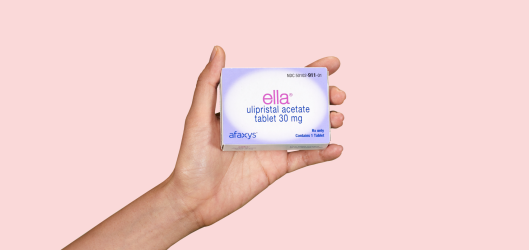The Pill Club is transitioning patient care to Nurx
Nurx provides expert care in birth control, emergency contraception and more, with treatments delivered right to your door.
How Nurx Works
01
You Choose
Select your medication, or get guidance from our medical team. Answer a few questions and enter your insurance info (if you have coverage — if not, no problem).02
We Prescribe
A Nurx provider licensed in your state will review your request and write a prescription.03
Delivered Free
We get your medication directly to you. On time, in a discreet package, and with no added costs.
Nurx Services
We offer all the same services as The Pill Club, plus many more!
Birth Control
Choose from the pill, patch or ring. As low as $0 with insurance and free shipping.
Emergency Contraception
The Nurx medical team prescribes emergency contraception before you need it, or when you need it now. As low as $0 with insurance, and free or overnight shipping.
Acne & Skincare
Get personalized, prescription medication for acne, anti-aging and rosacea. As low as $20/month out of pocket depending on your treatment, and free shipping.

Meet Your Nurx Medical Team
Our team of deeply experienced doctors, nurse practitioners, physician assistants, nurses and pharmacists are passionate about providing care that is personalized, non-judgmental and patient-first.


